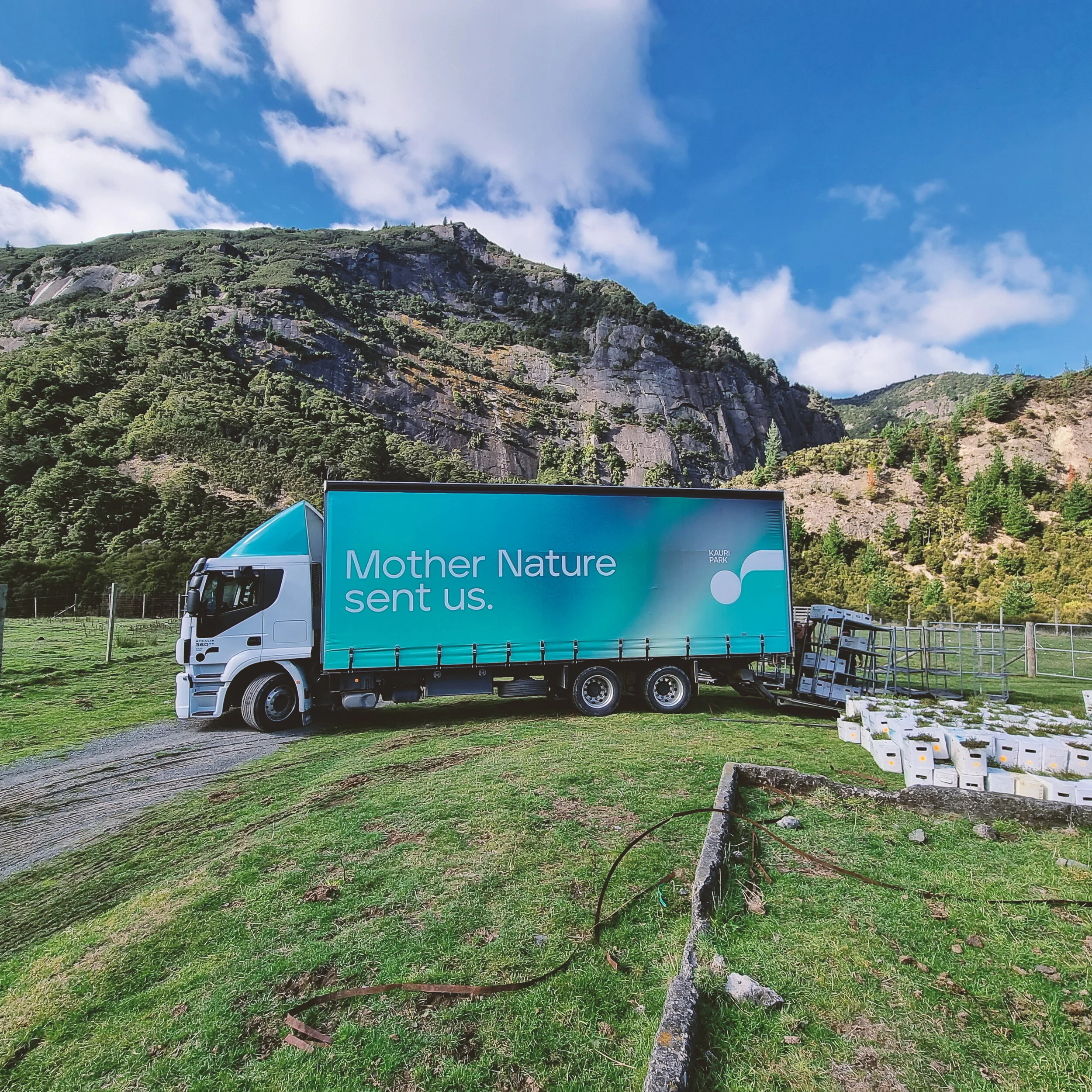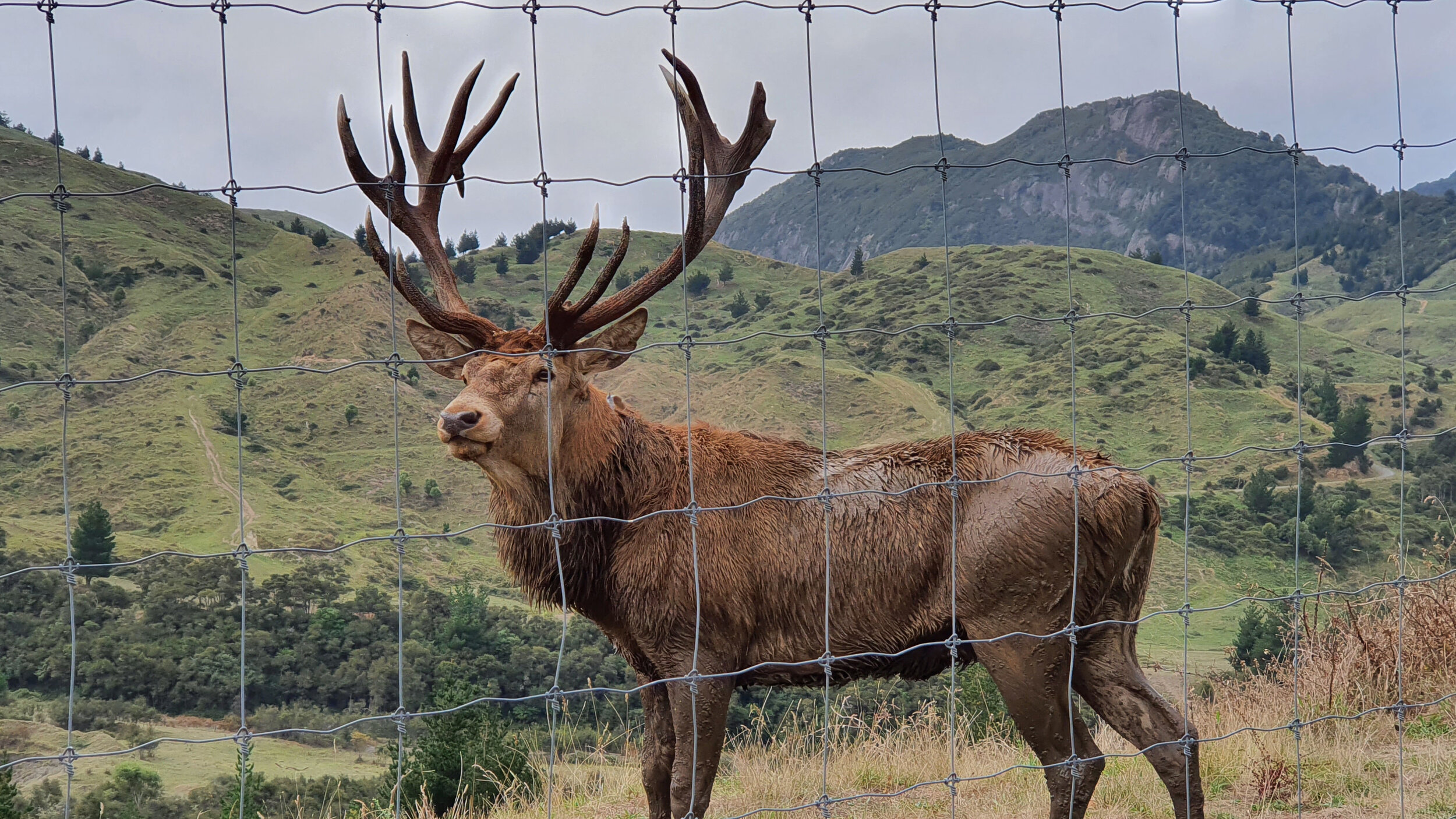Ngatapa Station: Manuka on a mission
Between Hawkes Bay and the Bay of Plenty, 20km away from Lake Waikarimoana, lies Pohokura Forest. But that’s not our final destination. It’s a full four hour drive up to the end of 100 Acre Road before you reach the epic Ngatapa Station.
The Station is a privately-owned forest site covering 9,515 hectares of mountainous terrain in the central North Island. The vast majority of the site (86% or 8,183 ha) comprises unmodified indigenous vegetation making Ngatapa’s pristine native land an area of ecological significance. Protecting this precious ecosystem is something the Station takes very seriously and go to great lengths to put their ecological values directly into practice.
One initiative includes the release of 200 kiwi on to the fringes of the property with the aim of having 500 breeding pairs in the area. Another key project is the regeneration of a large area of cut-over pine block into manuka forest. Duncan Rose, Manager of Ngatapa Station, shares Kauri Park’s vision of a New Zealand as an ecology economy and knows that protecting the ecological value of the land and diversifying his income streams with the addition of manuka honey harvesting is a win-win-win for the land, the ecosystem of the local flora and fauna and for the Station’s revenue.
Ecosystem: Nature teaching us how it has always operated.
Ngatapa Station backs onto the spine of Te Uruwera, the North Island indigenous forests. This is where the Te Hoe river meets the Mohaka. Mother Nature has not been tamed up here. The huge rock buttresses that run up to Te Uruwera secrete copper from the rock at certain times of the year. Nature knows this and birds will travel to the rock walls, digesting the copper as a vital mineral. This land is the home and vital ecosystem for many rare and endangered bird species. It needs to be carefully protected and nurtured so it can continue to be teeming with life. It is always our privilege and honour to work with true guardians of the land like Ngatapa Station and to experience the strength and power of nature first hand.
Ecovitalism: The challenge of concept vs reality
The access to Ngatapa Station is via 100 Acre Road – a road locked to the public, connecting to only two properties. When 100 Acre Road finishes, a farm track continues and traverses the Te Hoe river. Transporting our manuka plants on their mission – to form a manuka forest – was no mean feat. The special tract of land is pristine, precious and also precarious. To get our manuka up to the bush line we had to get ahead of the winter rain and not wait till spring – or we just wouldn’t be able to get across the river. Mother Nature is a realist. We respect this. Timing can be everything. The manuka plantings at the Station are the earliest of the season, completed just in time before our plant’s delivery path would be closed for months.
Our plants love the mission they’re on and so do we. We get to see the beauty of nature every day and at Ngatapa we saw our some of our country’s most untamed and beautiful flora and fauna. On our journey we came across this mighty stag - once domesticated, now gone wild. You wouldn’t want to take your chances with this fella in the rutting season. This beast would hunt you down. Much respect to him and to our fellow ecovitalists at Ngatapa. May your honey be sweet and bountiful.








